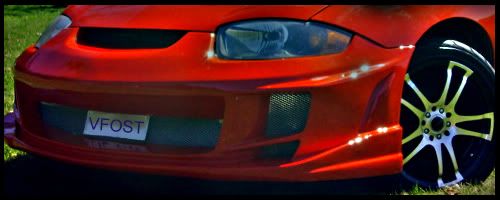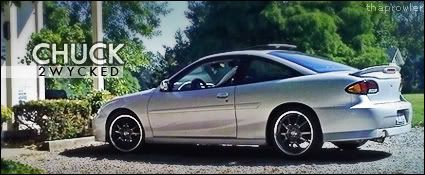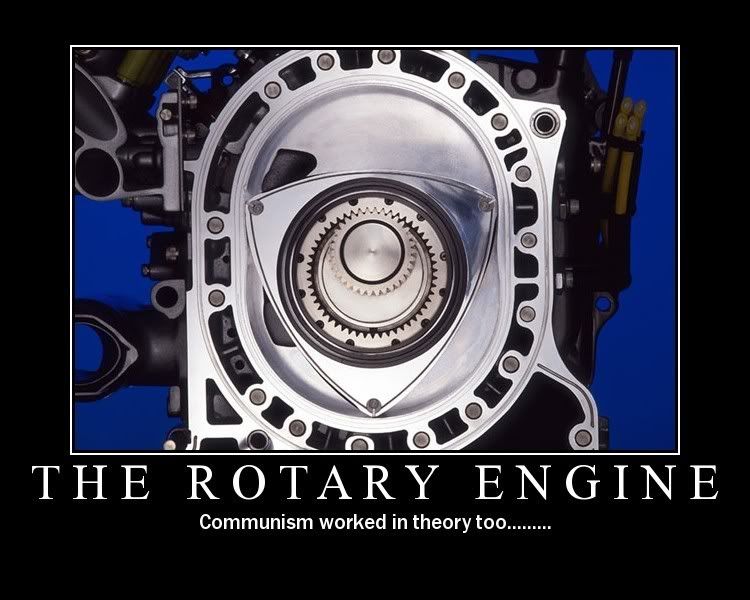Ok so i am in an engineering type program at college and even before college i have always been intrigued by the rotary engine. What i am wondering is why they never became more widely used? i know mazda has used them some because of the power output for such a small compact engine. The biggest downside i have heard is the fuel economy being terrible, is that the only reason they havent caught on? it seems like someone would have figured that out by now?

efficiency, torque, and reliability are usually the complaints I hear about from those that have owned rotary cars.

inb4 60% of the time, they work every time
---

Chuck (Chesterton) wrote:inb4 60% of the time, they work every time
THIS!
As a rotary owner, I already know the side effects of it. Reliability is a major issue. A good friend told me when I got into rotarys "its gonna leave you somewhere stranded. its not a matter of if, its when". mine is currently sititng with, among other things, and electrical problem
But they are alot of fun. turning 12000rpm is a thing of beauty

^ I didnt know volkswagon used a rotary

A naturally aspirated 13b rotary engine is very reliable, and will continue to run even when they are badly damaged. It's the boosted ones that have issues. I have 2 FD rx7's and track them.
The issues with the FD rotary are:
- Overheating. Coolant seals (basically the equivalent of a head gasket in a piston engine) blow when the car overheats. The boosted 13b generates a lot of heat and the FD has a small radiator, small intercooler with poor flow, a cramped engine bay and insufficient oil cooler.
- Detonation/Overboosting. When a stock FD is modified by increasing the boost pressure and or increasing the exhaust flow the boost spikes and subsequent lean A/F cause detonation. Detonation is not tolerated well on rotaries and causes the apex seals to crack. When a piston engine knocks it has time to retard timing to compensate, but the rotary can't take much knock before things go horribly bad.
I have not blown either FD engines. My car is fairly stock aside form some reliability mods (not pre-cat in DP, AST elimination) and I believe this is part of the reason the engine as survived 3 race seasons.
The reason they have not been used much in the market is fuel economy, marketing, emissions, manufacturing and perceived poor reliability. I for one love them. In NA form they are reliable and fun/potent given their displacement. In boosted form they are very quick and exciting. But you can't do stupid (uneducated) modifications and expect them to be reliable. They are not as forgiving as a piston engine when this is done.

www.drluc.ca
I have owned many RX-7's and never once blown a rotary. I flooded it once due to leaky injectors.. but they just keep running. I used to do long roadtrips in my FC and never had an issue.
now I have a LS1 powered FC.. not that I dislike rotary's, I just wanted one

1989 Mazda RX-7 with LS1 and T56 6-Speed.
Cadwz24 wrote:^ really?
Joke.... he said electrical problems. Bazinga

As much as I love them, I'll still never own one as anything even close to a daily driver because,

1994 Saturn SL2 Home Coming Edition: backup car
2002 Chevy Cavalier LS Sport Coupe: In a Junk Yard
1995 Mazda Miata R-package Class=STR
Sponsored by:
Kronos Performance
WPI Class of '12 Mechanical Engineering
WPI SAE Risk and Sustainability Management Officer
they are small motors but if you haven't had a fire you haven't owned one for long.

Couple of my friends had diffrent years and types awesome cars but they have issues. Most ended life either on fire or blown apex seal.









